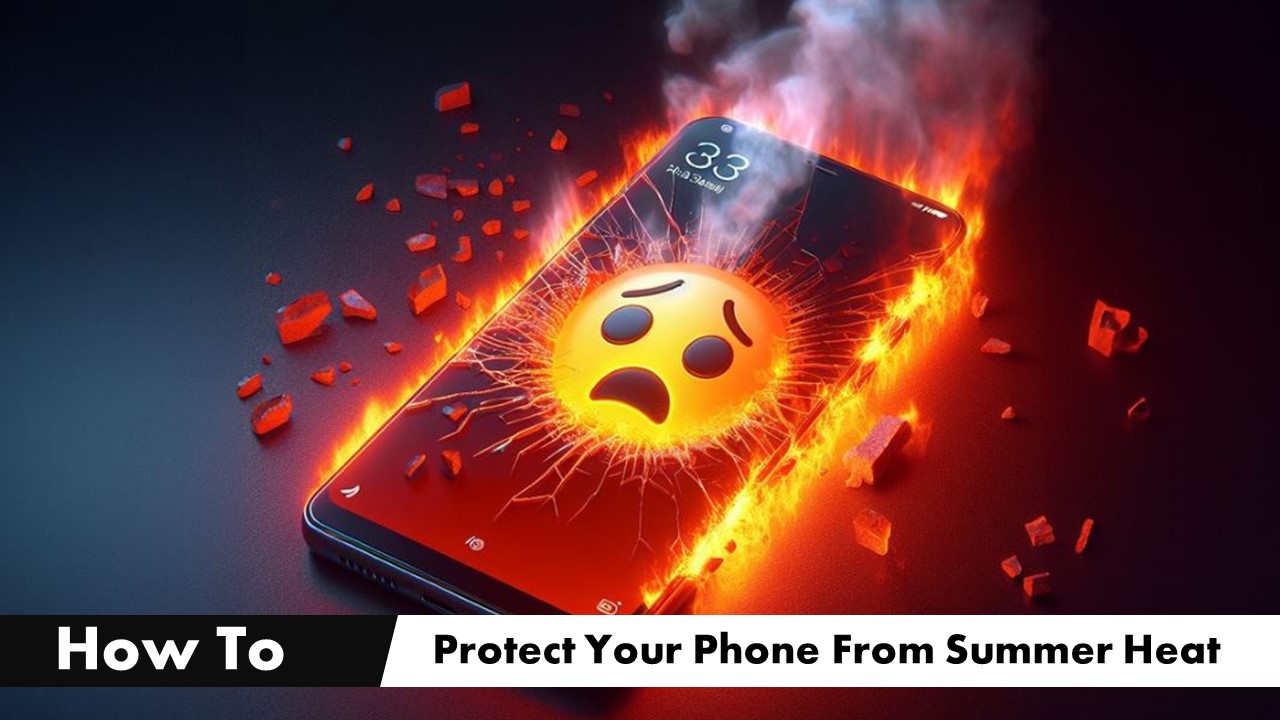The health of our electronic devices isn’t just about protecting them from cyber-attacks or preventing physical damage like screen cracks and internal component issues. Surprisingly, high temperatures can also pose a threat. As summer begins, we’re sharing expert tips to safeguard your cell phone from heat.
Please follow us on Twitter and Facebook
TheTechBasic consulted specialists to understand how heat affects mobile phones and to learn best practices for preserving device integrity. One pressing question: does outdoor temperature really impact smartphones?
While our focus remains on protecting your mobile phone from heat, the advice we provide applies to other gadgets too, such as laptops, tablets, and smartwatches. Andrés Bursztyn, vice dean and director of the Department of Information Systems Engineering at the National Technological University of Buenos Aires, Argentina, highlights the critical role of the battery. He stated:
“High temperatures are very harmful to mobile phones, as they cause damage to components and circuits.” Specifically, lithium batteries, which are currently the most common, and are especially sensitive to heat,”
Protect Your Mobile Phone from Heat: “Climate is an Important Factor to Consider”
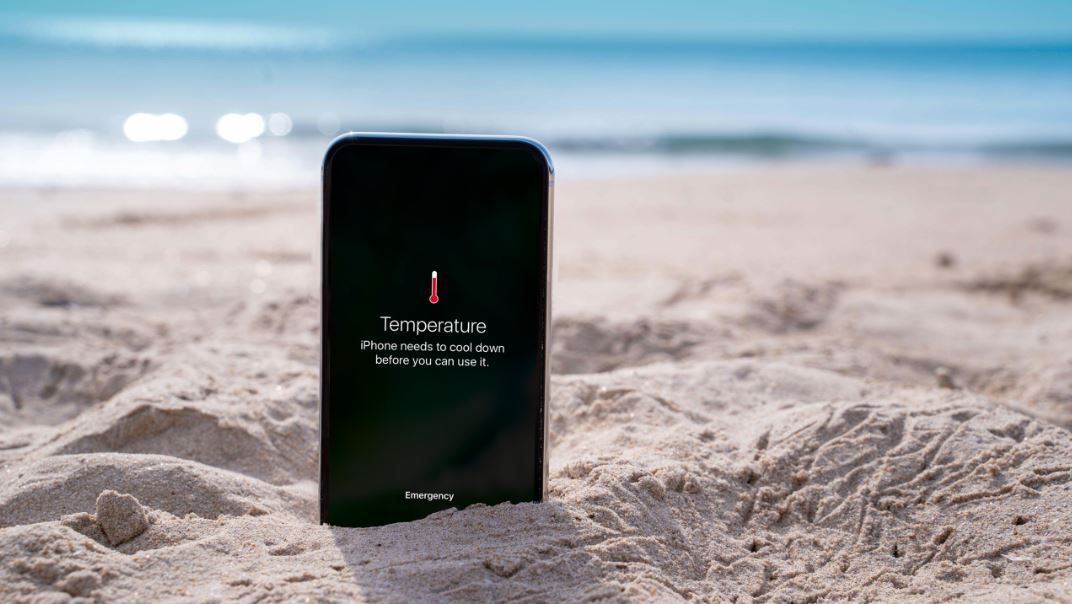
“There are different reasons why high temperatures are harmful to mobile phones,”
Franco Armentano, IM Product Manager at Samsung Electronics, tells TheTechBasic.
We understand the importance of protecting your mobile phone from heat. But what happens if you don’t?
Firstly, cell phone batteries are sensitive to high temperatures. A substantial rise can accelerate their degradation. Additionally, extreme heat exposure can reduce the sensitivity of cell phone screens, potentially causing temporary or permanent malfunction.
Do Internal Components Suffer as Well?
Internal components such as the processor, RAM, and other circuits can also suffer from heat, leading to reduced performance or malfunctions. Therefore, it is crucial that manufacturers consider this factor during equipment production. Efforts should focus not only on detecting and resolving failures but also on preventing them altogether. Excessive heat can accelerate wear and tear on various components, compromising the device’s structural integrity and shortening its lifespan.
When it comes to protecting your phone from heat, is there a recommended temperature range? What temperature should it avoid exceeding?
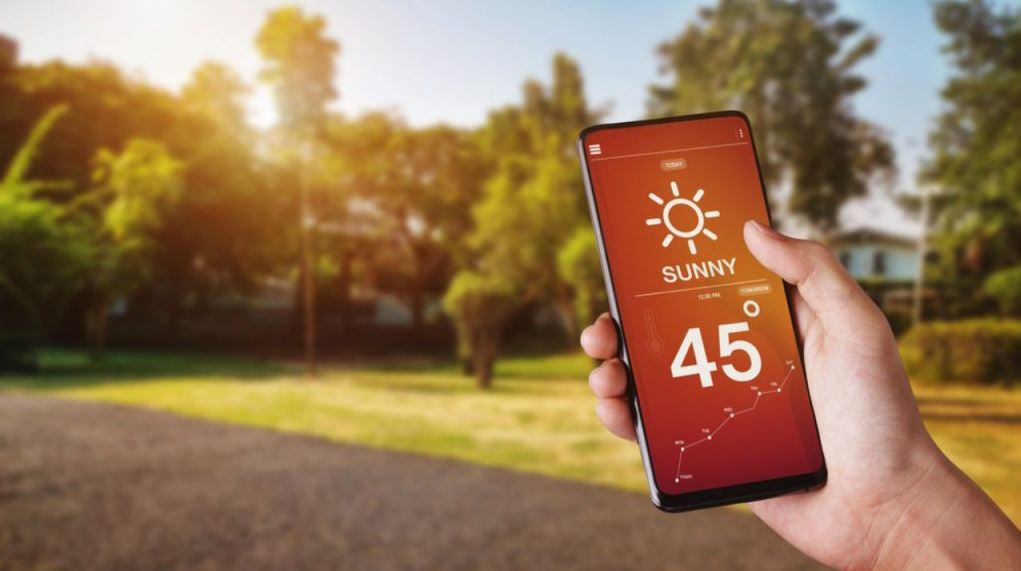
Yes, there is a recommended temperature range, which varies slightly depending on the manufacturer. Typically, this range is set between 0 and 35 degrees Celsius. However, some devices may tolerate slightly higher or lower temperatures.
When it comes to temperatures that should not be exceeded, it’s generally understood that mobile phones risk damage when exposed to temperatures above 45 degrees Celsius. Beyond this threshold, internal components, especially the battery, are more susceptible to damage. Therefore, it’s crucial to avoid exposing cell phones to temperatures higher than this to prevent potential issues.
What factors contribute to an increase in temperature in smartphones? When considering how to protect your mobile phone from heat, should climate be a concern? Are there specific precautions needed during summer?
Several factors contribute to increased temperatures in cell phones, from intensive usage like prolonged gaming sessions to using thick phone cases and exposure to direct sunlight. Yes, climate is a significant factor to consider. It’s important to prevent phones from overheating due to high ambient temperatures and direct sunlight exposure. It’s recommended to avoid leaving your mobile phone in direct sunlight for extended periods and to keep it in a cool, well-ventilated place whenever possible. Additionally, reducing heavy usage during periods of extreme heat can help mitigate temperature-related issues.
What advice would you give to protect your mobile phone from heat and its harmful effects?
There are several recommendations. Firstly, it’s advisable to avoid prolonged exposure to direct sunlight. If you use covers, ensure they allow for good ventilation and heat dissipation. Additionally, consider reducing intensive device usage during hot weather, as this can strain resources and increase processor heat.
Another helpful tip, often overlooked, is to deactivate unused functions such as GPS, Bluetooth, or Wi-Fi when not in use, as these can contribute to device heating. Keeping the phone’s software updated is also crucial, as updates may include improvements in heat management and overall performance.
Furthermore, if your phone becomes excessively hot, it’s best to stop using it immediately, allow it to cool down, and then consult the brand’s official technical service before resuming use. Taking these precautions can help maintain your phone’s functionality and longevity, especially during periods of high temperatures.
Bad Habits That Can Cause Serious Overheating
According to Bursztyn mentioned earlier, taking care of your mobile phone from heat is not something to ignore. Sometimes, the consequences can be hazardous. The expert observes:
“High temperatures accelerate battery degradation, reducing its charging capacity and useful life. In extreme cases, the battery, due to its internal chemical elements, can swell or even explode,”
There are many problems caused by heat. Besides batteries, what other components are affected?
High temperatures can affect the performance of electronic circuits and components, leading to temporary or permanent failures. Another critical component affected is the screen, which can become distorted or even permanently damaged when exposed to high temperatures.
In other situations, if a phone overheats and has a temperature sensor, it may automatically shut down to prevent further damage. Slow performance and decreased touch sensitivity of the screen are also related issues.
Additionally, cosmetic damage should be considered. For instance, the casing may deform, plastic, rubber, or glass gaskets may detach, or paint may peel off. Another undesirable effect is potential data loss, as heat can damage memory. In summary, protecting your phone from prolonged exposure to excessive heat is crucial to avoid these problems.
What habits contribute to increased temperature on a mobile phone?
Intensive usage without screen-off periods is a major factor. Playing games, using GPS apps, or watching videos for extended periods can raise the phone’s temperature. Battery charging also plays a role, especially with fast chargers that can heat up the device.
Poor ventilation conditions, such as using non-approved covers, can also contribute. Keeping software updated is important too. Outdated applications may contain bugs that cause the device to operate less efficiently and generate more heat.
Lastly, environmental factors matter. When temperatures exceed 30 degrees Celsius, exposing the phone to direct sunlight or high ambient temperatures can lead to overheating.
Read Also: How to Avoid Addictive and Problematic Behaviors in Gaming Apps: Pennsylvania Leading the Way
When considering how to protect our mobile phones from heat, what about habits like using them on the car windshield?
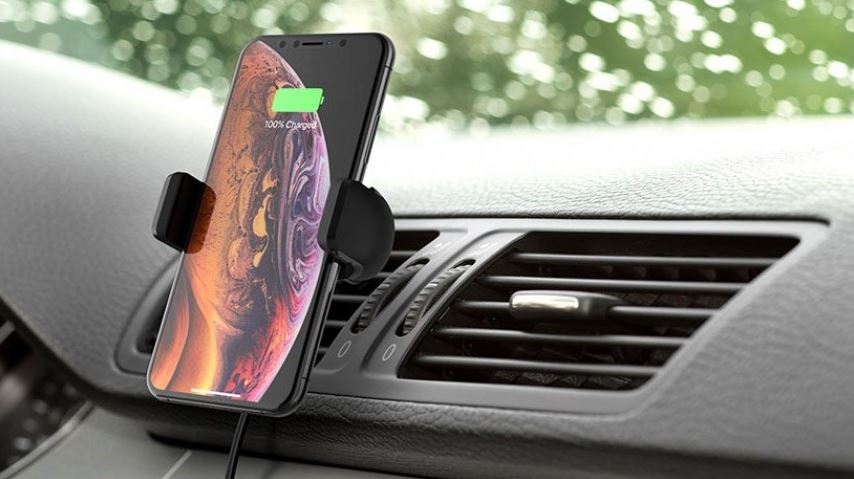
Using the phone on a car windshield is not advised due to exposure to direct sunlight. High temperatures inside the car, combined with phone usage, can lead to serious overheating.
Another habit to avoid is leaving your cell phone in bed overnight, especially if covered with a pillow. This practice is not recommended because body heat and poor ventilation can cause overheating. Additionally, pressure from the pillow can damage the screen or internal components of the phone.
Andrés Bursztyn concludes with a series of recommendations to protect your cell phone from heat:
- Never leave your cell phone in direct sunlight.
- Avoid prolonged use of your cell phone in hot environments.
- Close any applications that are not in use.
- Remove your phone case if it becomes too hot.
- Turn off your phone if it overheats significantly and allow it to cool down before turning it back on.
Phones Should Also Be Protected from Sunlight
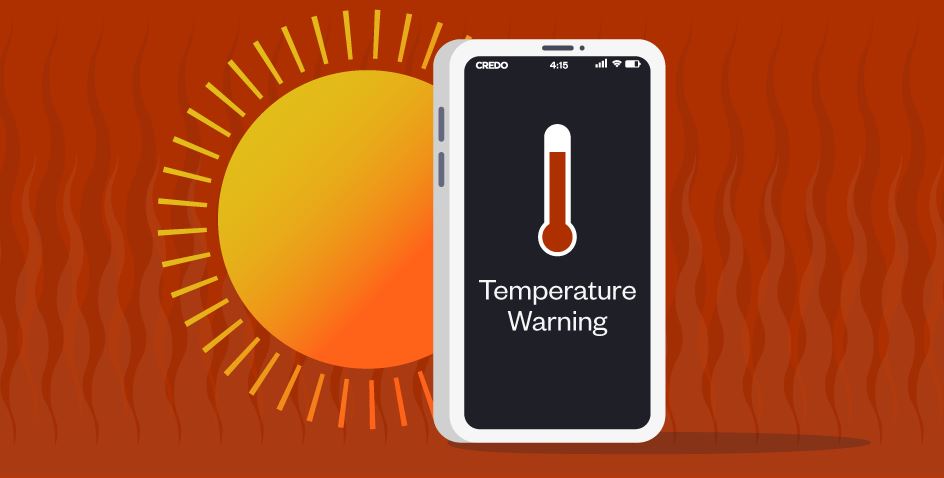
According to Asurion, a company specializing in device repair, and in agreement with Bursztyn’s observations, one of the riskiest situations is leaving your mobile phone exposed to heat inside a car. He says:
“Just as we should protect our skin from the sun’s rays (hello, sunscreen!), we should also do the same with our phones,”
“If your phone gets too hot, you may experience issues like battery drain, forced shutdown, and even a complete meltdown. It is not a joke. The Central Processing Unit (CPU) is capable of melting if it reaches extreme temperatures,” they warn.
In addition to the heat protection tips they provide—which align with those previously discussed—the company recommends actions to cool the phone down. They pointed:
“Ventilating it or blowing on it may seem silly, but it is useful when it is too hot,”
However, sudden temperature changes are strongly discouraged. It’s not advisable to place the device in the refrigerator if it overheats. They said:
“It’s a sure way to ruin it,”
What are the best practices to protect your phone from heat and cool it down when necessary? Remove the protective case, turn off Bluetooth, and activate airplane mode, especially in areas with poor coverage to avoid excessive strain.
Read Also: Tips – How to Use Maps Offline on iPhone

